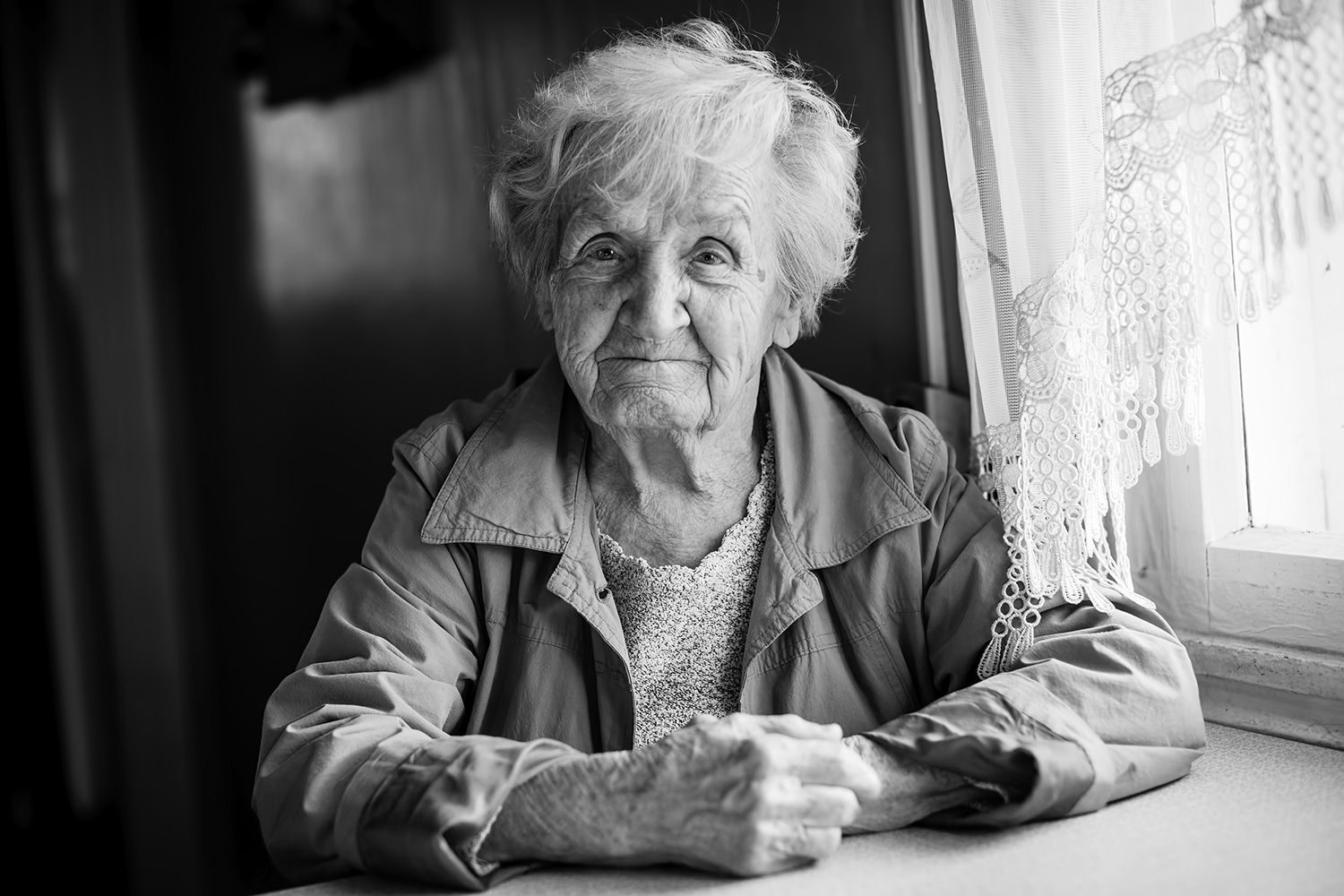Cancer care must meet the needs and goals of patients, but doctors don’t always know what patients find most important. A growing number of experts say older adults with cancer are especially misunderstood. A small study presented June 4 at the American Society of Clinical Oncology Annual Meeting sheds light on the attitudes of cancer patients ages 65 and up, revealing that many prioritize goals other than lengthening survival.
“They’re more likely to forgo treatment if it leads to functional decline [or] cognitive deficits, or there’s a high burden of treatment like being in the hospital for a long time or needing treatment every week,” says medical oncologist Enrique Soto-Perez-De-Celis, who was a postdoctoral fellow at City of Hope National Medical Center in Duarte, California, when he led the study.
“Understanding your patient and what is important for them is a dynamic process that requires constant communication,” says Soto-Perez-De-Celis, who specializes in geriatric oncology and is now at the Salvador Zubiran National Institute of Medical Science and Nutrition in Mexico City.
Around 53 percent of new cases of cancer diagnosed in the U.S. occur in people ages 65 and older. As the population ages, so will the number of adults with cancer.
In the new analysis, Soto-Perez-De-Celis and his colleagues asked 121 cancer patients ages 65 and up who were starting chemotherapy to rate the importance of various treatment goals. The study used three new questionnaires the researchers developed, which they hope will be used in the future to assess the goals and preferences of older cancer patients receiving chemotherapy.
One questionnaire measured the relative importance of four outcomes: survival, function, freedom from pain and absence of symptoms. Another rated the relative importance of current and future quality of life. A third questionnaire rated patient preferences surrounding health-related outcomes, such as whether they would rather have fewer medical tests and doctor visits, even it meant they would not live as long.
The researchers found that 44 percent of patients felt that maintaining their current quality of life was more important to them than living longer. They also found that 58 percent of patients were more interested in maintaining their independence than extending their survival. Eighty-one percent of patients said they would rather live a shorter life than lose their mental ability.
Older adults are more likely than younger patients to have serious side effects from chemotherapy. “A lot of these treatments can negatively affect cognition. These patients don’t want to have memory issues,” says Soto-Perez-de-Celis. “It’s not something we oncologists think a lot about, and we should.”
Patients with poor social support systems and those already relying on additional support for daily living activities were most likely to favor outcomes other than survival, the researchers found.
“One of the most surprising findings was that stage and type of cancer did not change patient preferences,” says geriatric oncologist Arti Hurria, a senior author of the study and vice provost of clinical faculty at City of Hope. “This highlights that individuals have priorities that go beyond their cancer diagnosis.”
“This is great and very important work,” says Grant Williams, a medical oncologist at the School of Medicine, University of Alabama at Birmingham, who was not involved in the study. “Assessing patient preferences is a key part of the management of older adults with cancer.”
Corinne Leach, strategic director of cancer and aging research at the American Cancer Society in Atlanta, says that oncologists should be able to get support from social workers and psychologists in assessing older adults’ goals. “Understanding a patient and their preferences and priorities will help you guide them to the right regimen,” she says.
But Leach adds that the scientific literature doesn’t always provide oncologists all the information required to fully address a patient’s needs. Clinical trial results give an idea of how long patients tend to live when treated with specific drugs, but they are less likely to provide information on quality of life and physical functioning—information that could help patients decide if they want to pursue a treatment.
Hurria says, “Our ultimate hope is that the data from this study will foster communication between the patient and physician in order to aid shared decision-making and emphasize patient-centered care.”
Cancer Today magazine is free to cancer patients, survivors and caregivers who live in the U.S. Subscribe here to receive four issues per year.





